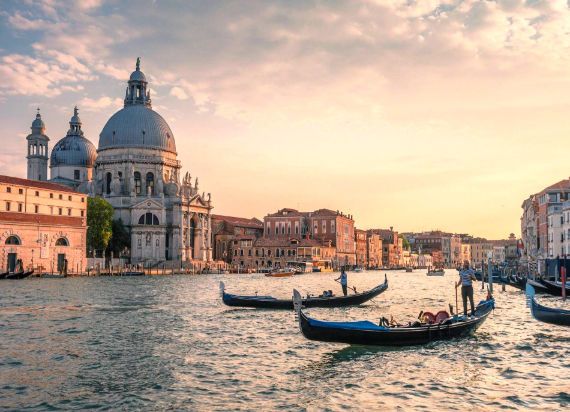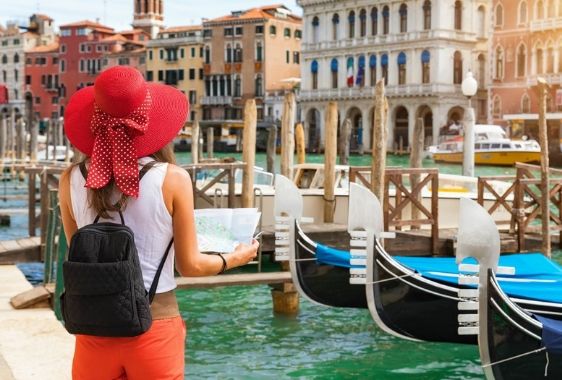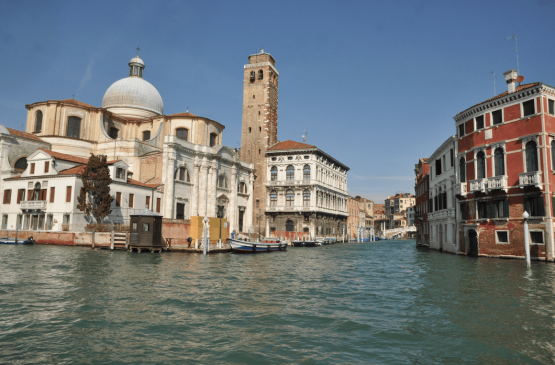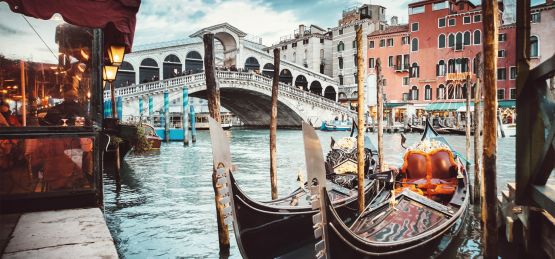Here, Italian tour experts - Avventure Bellissime- explain what makes Venice such a unique city.
Its formation
Venice was founded over 1,500 years ago on 117 different islands that are linked by 150 canals and around 400 bridges and pavements.
The buildings are supported by, and built upon, oak and pine piles that are driven deep into the ground. They are secure because the soil is so water logged that there’s no free oxygen in it, so there’s no decay.
It is a survivor
The city exudes confidence. It is a series of islands and so is at risk of flooding, but that has never stopped the Venetians building the most spectacular buildings and structures here.
It survived Napoleon, and World War 1, when it became a naval base, which increased its risk of enemy attack. It also came through World War 2, and an Allied attack on German naval operations in the city.
It is a pioneer
Venice is a pioneering city because it has been built on water. It’s a unique way to construct a city. But, what is also unusual is that the city seems to have had full confidence in these building methods because it built things like beautiful marble palaces and churches on these foundations and never worried about their survival.
In a further demonstration of its pioneering status - when the plague struck, the city invented the concept of quarantine. It was in Venice that the ‘assembly line’ approach to manufacturing – in this case, shipbuilding – was invented.
Water is at the heart of the city
When you visit Venice, you will see that water is incorporated into the life of the city since Venice is made up of 117 different islands. All holidays in Venice will involve a water-based trip of some kind – whether it’s on the Vaperetto or aboard a gondola.
The most famous water based landmark is the city’s Grand Canal. Its banks are lined with the city’s most famous sights and stories.













Comments